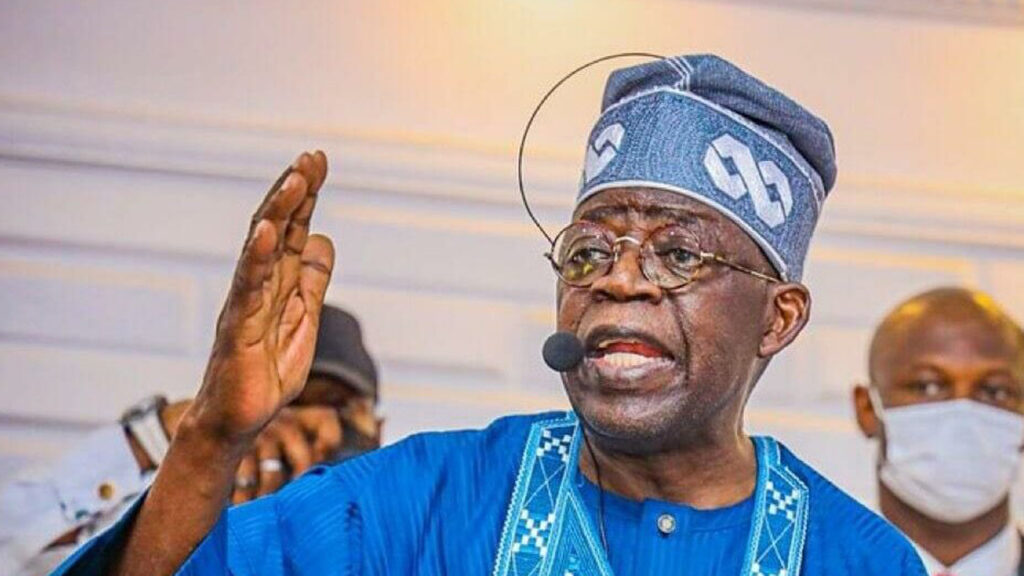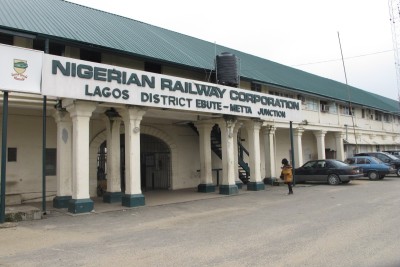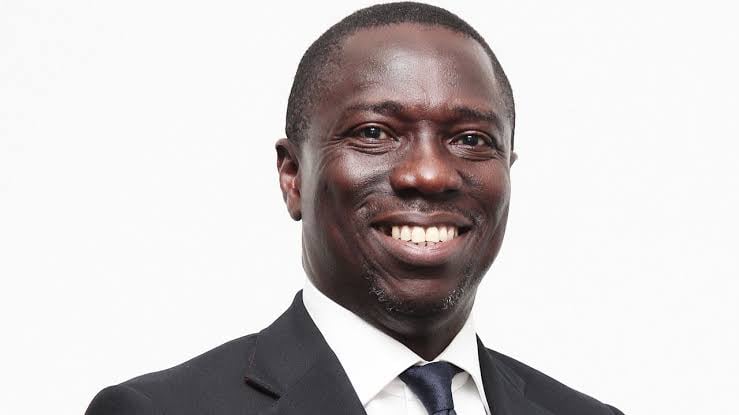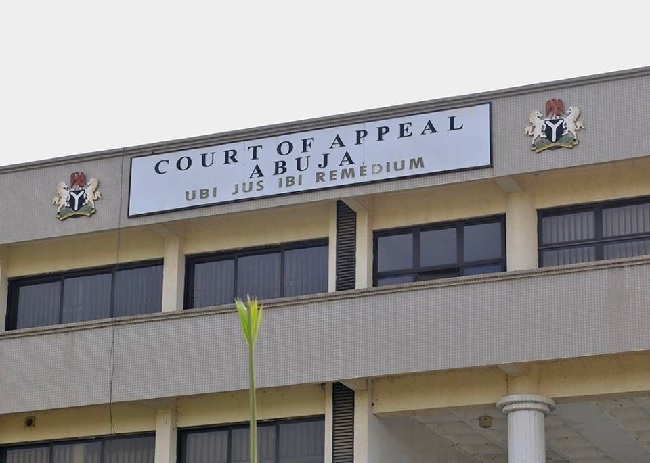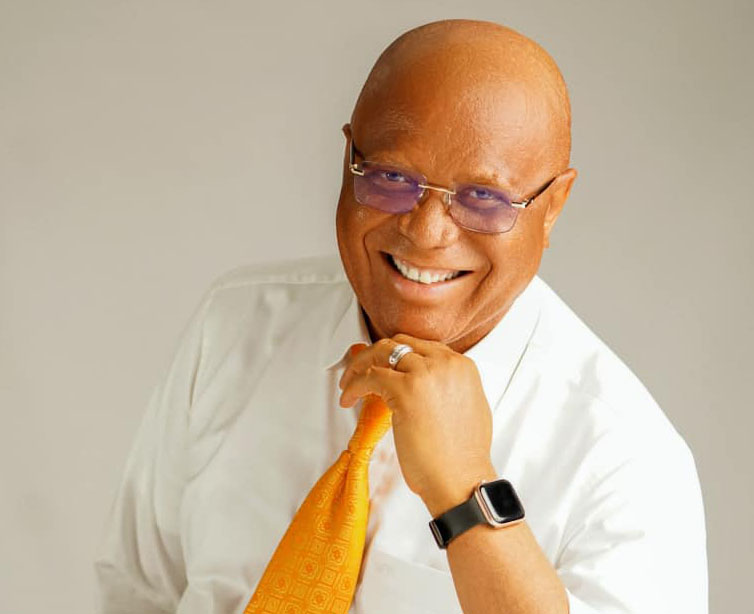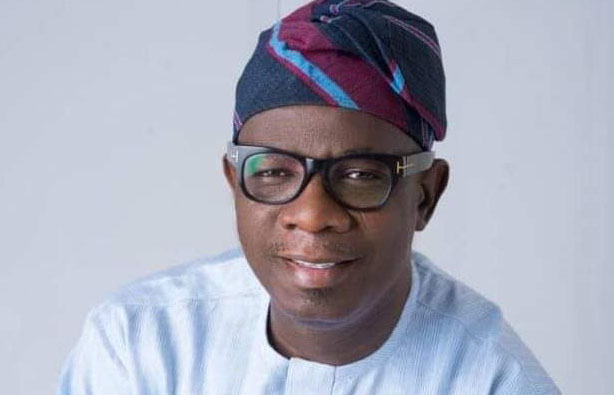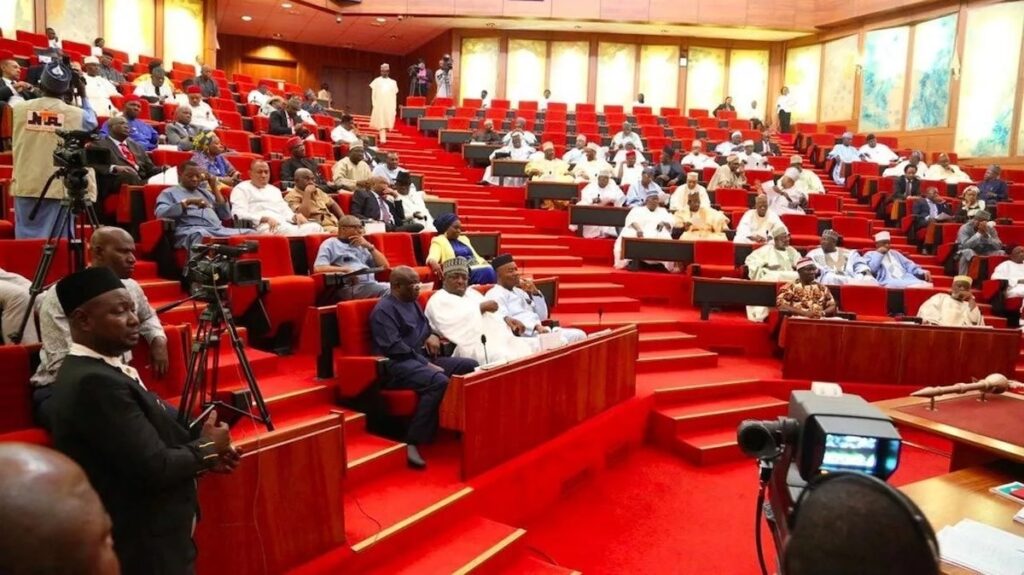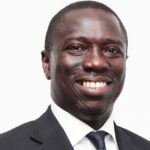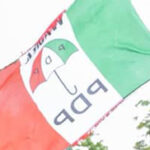
Three days, spanning the months of January and February, hold the key to the onset of political activities in the pre-general election year of 2022. They include January 11, February 5 and 21 respectively.
Curiously, three political parties, namely All Progressives Congress (APC), All Progressives Grand Alliance (APGA) and Peoples Democratic Party (PDP) are involved. On February 21, 2019 Presidential candidate of major opposition Peoples Democratic Party (PDP) and fourth republic Vice President, Alhaji Abubakar Atiku, would know his fate regarding his eligibility to stand for election for the position of President of Nigeria. The court is expected to pronounce on the citizenship disputation matter over Atiku’s nationality, which preceded the 2019 poll.
Then baring any last minute changes, the much expected and oft postponed national convention of the governing All Progressives Congress (APC) would hold on February 5. What happens or does not on this important date would determine how far the governing APC would fare in tackling its internal affairs as well as affect the polity in many ways.
On January 11, the leadership crisis in the All Progressives Grand Alliance (APGA) would be determined one way or another at the Federal High Court Abuja. Though the Anambra State governorship election has been won by APGA, the resolution of the party’s internal disputations would no doubt affect its march to the future under a new helmsman in Awka.
Njoku Or Oye?
The matter at Federal High Court Abuja before Justice A. R. Mohammed would determine who, between Ozonkpu Victor Oye and Chief Edozie Njoku should be recognized by the Independent National Electoral Commission (INEC) as the substantive national chairman of APGA.
Njoku, Hamman Buba Ghide and Adamu Danjuma Musa approached the court seeking an order of mandamus to compel INEC to recognise the party’s executive elected at the Owerri National Convention of APGA.
The plaintiffs also prayed the court to nullify the May 14, 2019 National Executive Committee meeting, which took far reaching decisions, especially bordering on the national convention in Awka that purportedly re-elected Oye as APGA national chairman.
Following the disagreements over the sudden change of venue for the 2019 national convention from Owerri to Awka, some members of the APGA Board of Trustees approached the Delta State High Court, which nullified the National Convention held in Awka. Apart from sacking Oye and the party’s executives selected at the Awka convention on May 31, 2019, the court also cancelled the National Executive Committee (NEC) meeting held at the Governor’s Lodge, Awka, Anambra State two weeks to the convention.
It could be recalled that the same NEC meeting okayed the party’s congresses scheduled for May 19, 21 and 23, 2019, culminating in a National Convention in Awka on May 31, 2019.
Another APGA national convention also held same May 31, 2019 in Owerri, which elected Edozie Njoku as chairman. And armed with the Delta State High Court, particularly the claim that the Awka convention that produced Oye was held in contravention of court order, Njoku maintained that his was the authentic leadership of APGA.
Speaking to journalists when he filed the suit, Njoku explained how on June 5, a day before the expiration of the tenure of the national chairman, Oye dragged him (Njoku) and APGA to court and obtained an injunction barring him from performing his duties as National Chairman of the party.
Njoku disclosed that Oye also secured another injunction barring APGA from recognising him as National Chairman. He stated: “After we gave our statements of defence on all his claims, Oye decided to discontinue with the suit. He filled his motion of discontinuance and the two orders were vacated and the suit struck out.”
On what gave rise to the issue of mandamus, Njoku remarked that INEC was not aware of the development because it was not joined as a party to the suit, stressing, “So, we are here to ask the court to compel INEC to recognise me and my executives.”
The suit, in which Njoku also prayed the court to compel INEC to recognise the entire executives elected in Owerri in 2019, was arrested midway by interlocutory appeal by the Oye faction. The appeal was determined in September 17, 2021, thus clearing the way for the Federal High Court to deliver its ruling.
The Appeal Court in its ruling on the matter declared: “Having examined the reliefs sought in the substantive suit…I am of the opinion that the issue as to whether the Appellant authorised the suit or whether the 1st -3rd Respondents’ (Njoku’s faction) counsel that any decision on the application at the interlocutory stage would have a bearing on the substantive matter…
“The decision of the trial court in this regard, is in line with the legion of judicial authorities of this court and that of the Apex Court that a court hearing the merits of a substantive case at an interlocutory stage is not permitted under our legal system…
“On the whole, I find no merit in this appeal and same is hereby dismissed. The ruling of the trial court delivered by A.R Mohammed J on December 10, 2020, whereby it deferred its ruling on the said application till the final determination of the substantive suit is hereby affirmed. Consequently, the learned trial judge is hereby ordered to give the suit before him an accelerated hearing.”
The outcome of the January 11, 2022 session at the Federal High Court Abuja, would definitely impact on APGA and to a large extent the build up to the 2023 general elections.
APC’s ‘Febuhari’ Convention
To be or not. That is the other connotation of February 5 in the 2022 diary entry for the governing All Progressives Congress (APC). The fact that President Muhammadu Buhari, who was the rallying point of the merger processes that produced APC has become a passive player in the party is contributing to the suspense in the party.
Former Lagos State governor, Asiwaju Bola Tinubu, who ordinarily would have stepped into the leadership seat to drive the party’s progress to the future became embattled with the establishment of the Mai Mala Buni-led Caretaker/Extraordinary Convention Planning Committee (CECPC).
The immediate past elected National Working Committee (NWC), which emerged from the party’s second national convention in 2018, got booted out following misunderstanding between the former national chairman, Comrade Adams Oshiomhole and his home state governor, Godwin Nosa Obaseki.
But, confusion and mutual suspicion trailed the dismantling of the Oshiomhole-led NWC, even as some stakeholders held that the action of the National Executive Committee (NEC) was targeted at Tinubu. Others claimed that apart from the loyalty of the NWC to Tinubu, the national chairman, Oshiomhole, was plotting to appropriate the party’s Presidential ticket to himself and contest the 2023 poll.
However, no sooner was the Buni CECPC put together than recriminations set in as former members of the NWC began to query the rationale for sacking an elected NWC and replacing it with an illegal contraption called caretaker committee.
A member of the dissolved NWC and Deputy National Vice Chairman (South) Chief Hillard Etta, dragged the party to court, contending that the CECPC was not only illegal, but also violates the APC constitution. Etta and those sympathetic to the dissolved NWC expressed dismay that a tiny clique with eyes on the 2023 Presidential ticket decided to hijack the party through unconstitutional means.
They said it was a ruse to claim that the NWC was dissolved due to Oshiomhole’s running battle with Obaseki, adding that it beggars belief that the entire NWC could be sacked for the problem one official.
From the initial six-month period granted the CECPC to reconcile the party and organize a national convention from where new set of NWC members will emerge, the Buni-committee has got more than two additional lifelines to prolong its stay.
As a seeming stalemate dogs the party’s rebuilding process after a nationwide membership revalidation and state congresses, the fate of the party now hangs on the February 5 date for a national convention. Watchers of APC politics insist that the party was merely a special purpose vehicle to deliver the Buhari presidency and nothing more. The observers insist that in the absence of a father figure or rallying point of leadership, the attempt by the Progressive Governors Forum (PGF) to fill the vacuum would throw up some tense moments if the convention holds without addressing some salient issues.
It could be against the background of absence of strong leadership that come stalwarts believe that the national convention had better wait to coincide with the party’s Presidential primary, even as others accuse Governor Buni of pandering to the whims of a cabal to the detriment of the party.
Moved by concerns that APC may experience implosion if the convention holds on February 5, Senate Chief Whip and former governor of Abia State, Senator Orji Uzor Kalu wrote the party’s leader, President Buhari and the CECPC.
Kalu urged the party leaders to consider a shift of the convention date to enable the reconciliation of some nagging issues in state chapters, especially those arose from the APC ward and state congresses. Citing the examples of Zamfara and Rivers State, Kalu expressed the fear that the party could witness some tense moments if the CECPC goes ahead with the convention next month.
While noting the existence of factions and cleavages in the party, the Senate Chief Whip distilled three contentious issues that could prove damaging to the party’s continued cohesion. According to him, electing a new NWC, resolving crises in the state chapters and taking a stand on zoning should be thrashed before the convention.
He noted that although factionalisation is not a new phenomenon in the nation’s democratic apparentation, it could prove disastrous to a party during the general election is they were not settled. Towards this end therefore, Kalu pleaded that the national convention and presidential primary be coalesced to hold same day.
It could not be ascertained if Kalu’s formulation was his original ideas of a representation of a group interest. Attempts to extract further clarification on the model failed as the Chief Whip said he was in an event with his constituents.
But, dismissing Kalu’s suggestions, which they perceived as another attempt to prolong the tenure of the Buni-CECPC, the Saliu Mustapha Campaign Organisation said the convention should go on as scheduled on February 5.
The group in a statement by its head, Media and Strategic Unit, Dapo Okubanjo, said the resolve to go ahead with convention “underlined the Buni-led Committee commitment to the task handed them by the National Executive Committee (NEC) of our party on June 25, 2020.”
“We see the move as a sign that the CECPC is prepared to ignore calls to defer the convention and work in line with the position of majority of party stakeholders, who are already bracing up for February 5, 2022.
“We are looking forward to the committee naming the members of the budget sub-committee and of other structures in order for them to begin work in earnest and set a definite date for the convention,” the organisation said, even as it urged the CECPC to go a step further to prove their critics wrong.
The Saliu Mustapha Campaign Organisation also urged the CECPC to reject any proposal or suggestion that is at variance with the clear position of President Buhari on the convention.
It stated: “Having taken this step, we want to appeal to the CECPC to release the guidelines for the convention as well as set up other sub-committees as soon as possible. This will go a long way in laying to rest all sorts of suggestions about the intentions of the interim party management committee.”
Atiku’s Eligibility Suit
PART of the controversies over the suit challenging Atiku’s citizenship status and eligibility to stand for election into the office of Nigeria’s President is whether it is a pre-election matter or not.
Prior to the 2019 general elections, the incorporated trustees of a civil society group, Egalitarian Mission for Africa (EMA), sued the former Vice President Atiku Abubakar alongside Peoples Democratic Party (PDP), tIndependent National Electoral Commission (INEC) and the Attorney General of the Federation (AGF).
In the suit No FHC/ABJ/CS/177/2019, EMA contended that Atiku was not eligible to contest for Presidency on the grounds that he was not a citizen of Nigeria by birth, stressing that the part of Adamawa State from where Atiku hails was still part of the Northern Cameroon as of the time of his birth.
Consequently, EMA urged the court to hold, among others, that in view of sections 25(1), (2) and 131(a) of the constitution and the circumstances surrounding the former Vice President’s birth, he cannot contest for the office of Nigeria’s President.
Before the court adjourned ruling to February 21, 2022, counsel to the plaintiff, Mr Akinola Oladimeji, disagreed with counsel to the defendants, Eyitayo Jegede SAN on the claim that the suit was a pre-election one. He asserted: “For the purposes of clarity, a pre-election matter is filed by an aspirant in an election. The plaintiff is not an aspirant, it is only seeking an interpretation into the questions raised,”
Mr Oladimeji argued that even though Mr Atiku was said to have been born in Nigeria, he was not a Nigerian citizen, arguing that the fact that the mistake had been made in the past does not warrant that it should continue.
However, the defence counsel, Eyitayo Jegede, who disclosed that a notice of preliminary objection was filed, urged the court to dismiss the plaintiff’s application, since according to him, the matter was already stale having been tied to 2019 election that his client, Atiku contested and unsuccessfully challenged the Presidential poll.
Counsel to PDP, Adedamola Falokun, disclosed that his client also filed a notice of preliminary objection, saying that case was a pre-election matter and as such the court should not to waste its time on it.
After listening to the submissions of parties to the suit, the presiding Judge, Justice Inyang Ekwo, fixed February 21, 2022 to rule on the matter. Whether Atiku would gloat or proceed to the Court of Appeal either as applicant or respondent depends on the outcome of the court session on the adjourned date. Either way, the polity would react in line with considerations for the 2023 politics.
In the event that the Justice Ekwo rules in favour of the plaintiffs, it would be a set back for Atiku and a source of relief for PDP Governors’ Forum in their plots to side-line the 2019 standard bearer from the 2023 contest.


